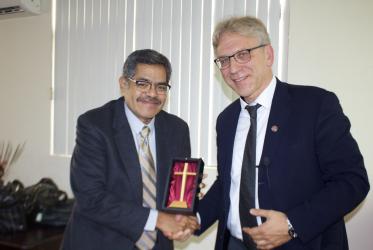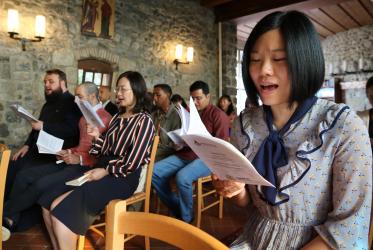Mexico
Indigenous civilizations (e.g. Maya, Aztec) existed in Mexico before the Spanish colonized it in 1539 and eliminated much of the Indian population. Mexico achieved independence in 1821. It lost half of its territory in the war with the US in 1846. The Mexican revolution of 1910-17, under Emiliano Zapata, brought dictatorship to an end. A new constitution was adopted, but the ideals, including land reform, were not carried through during the increasingly corrupt reign of the Institutional Revolutionary Party, from 1929 to 2000. Another uprising occurred in 1994, among the indigenous population of Chiapas, in opposition to Mexico's signing of the North America Free Trade Area. The Zapatistas, as they call themselves, initiated an alternative popular movement and became a focal group for the struggle against neo-liberalism and globalization. Mexico has developed a strong economy, based on oil production and modern industry. The relatively high per capita income hides however a highly unequal distribution of wealth between a small elite and the majority of urban and rural poor, mostly Indians. Many Mexicans try to migrate to the USA. Mexico was Christianized by the Catholic Church from the beginning of colonization. Protestant missions came in the 19th and 20th centuries. The Presbyterian Church is the largest Protestant church, followed by the Seventh-day Adventists, the Union of Evangelical Indigenous Churches, the Assemblies of God (Pentecostal), the Baptists, Methodists, and others. Pentecostals represent about 25 percent of all the non-Catholic Christians. The Evangelical Fellowship of Mexico is affiliated with the WEA.





